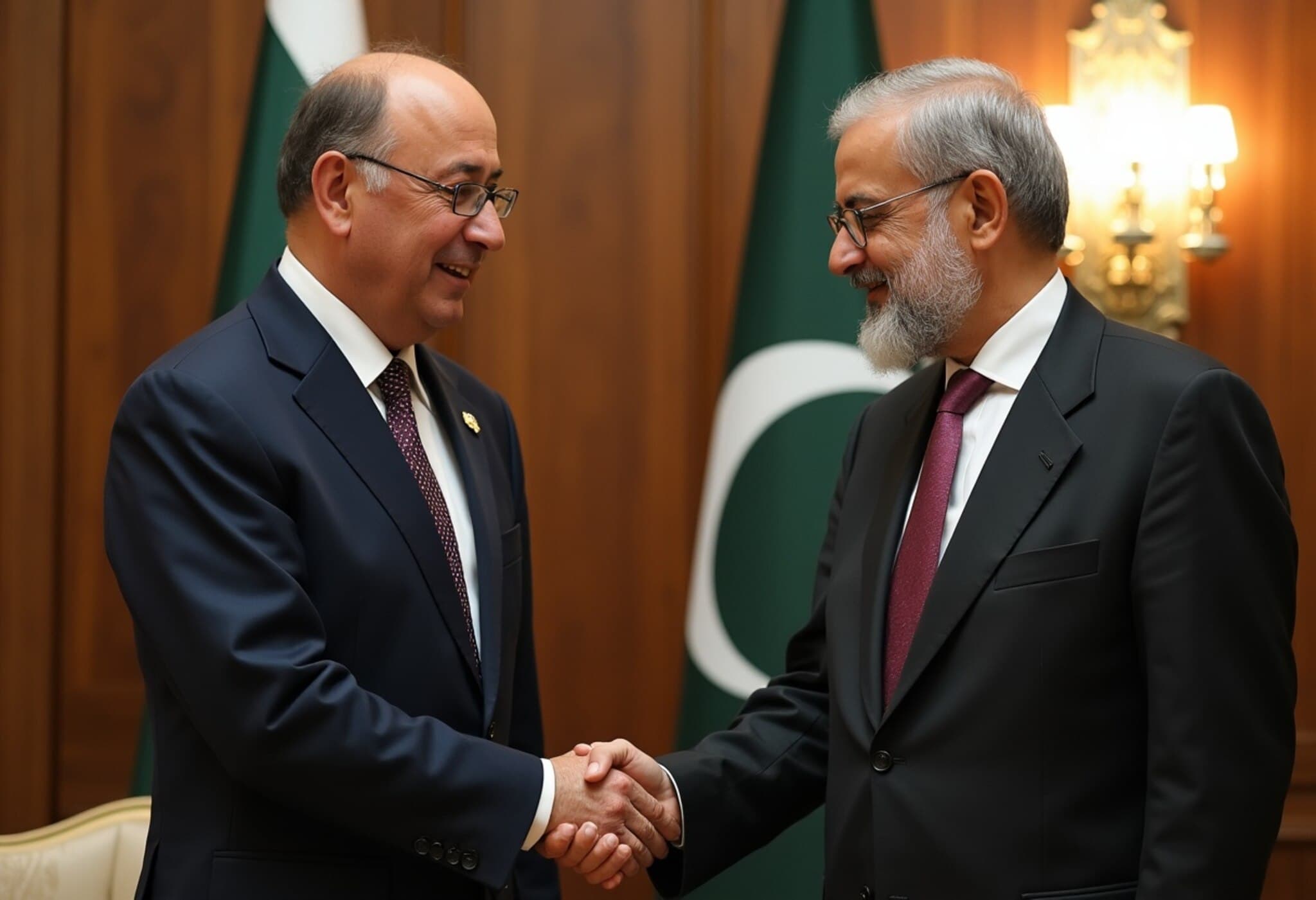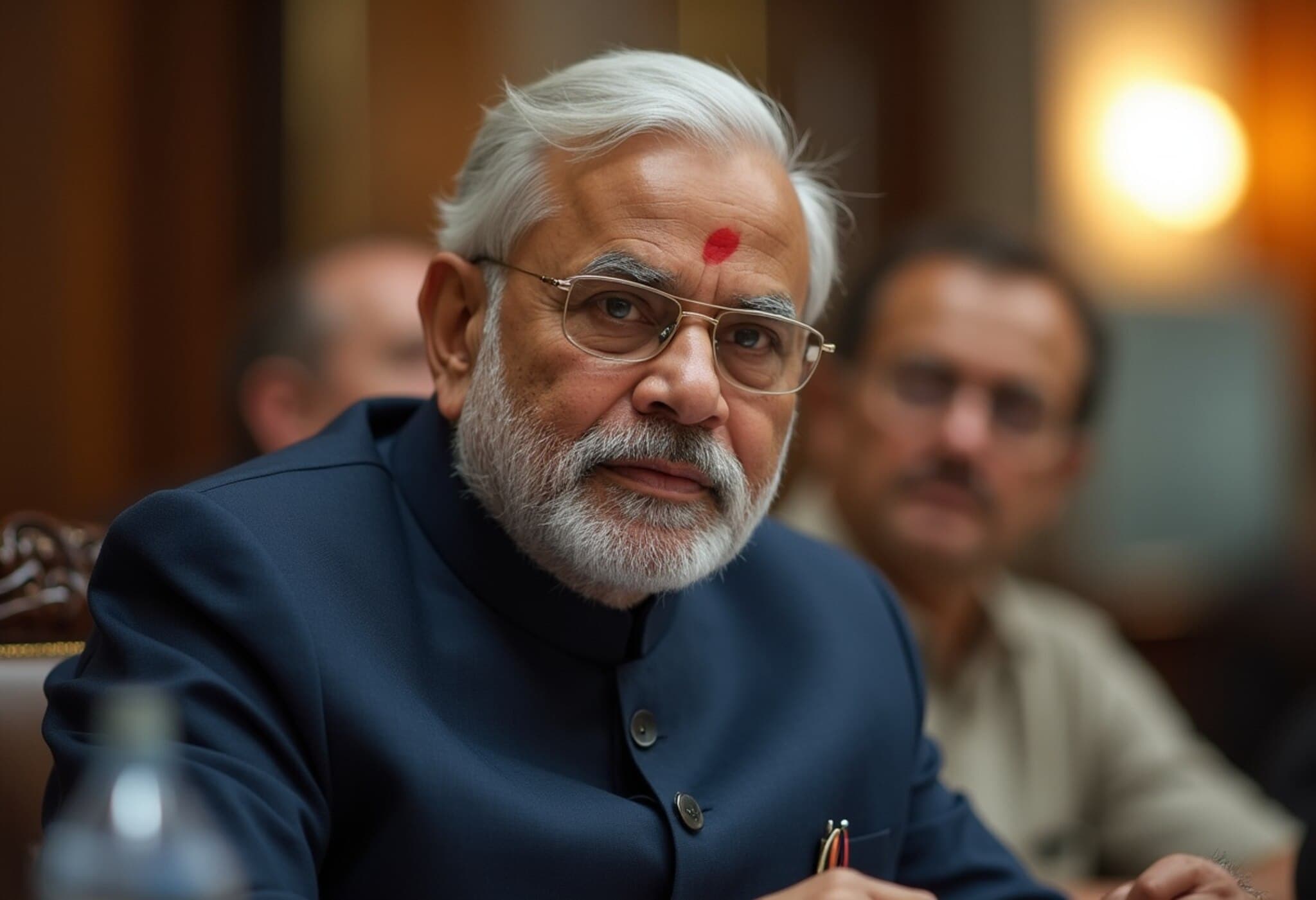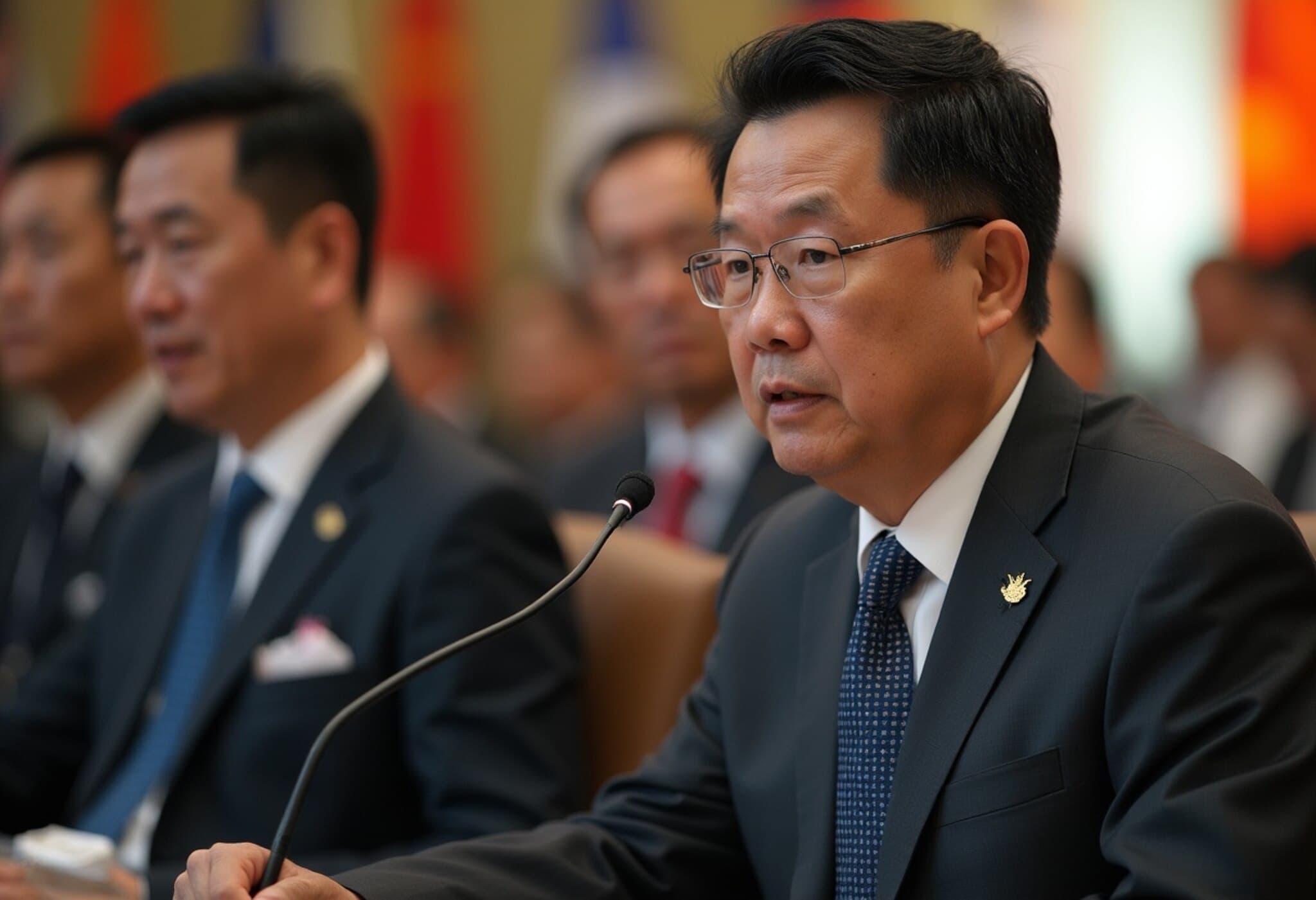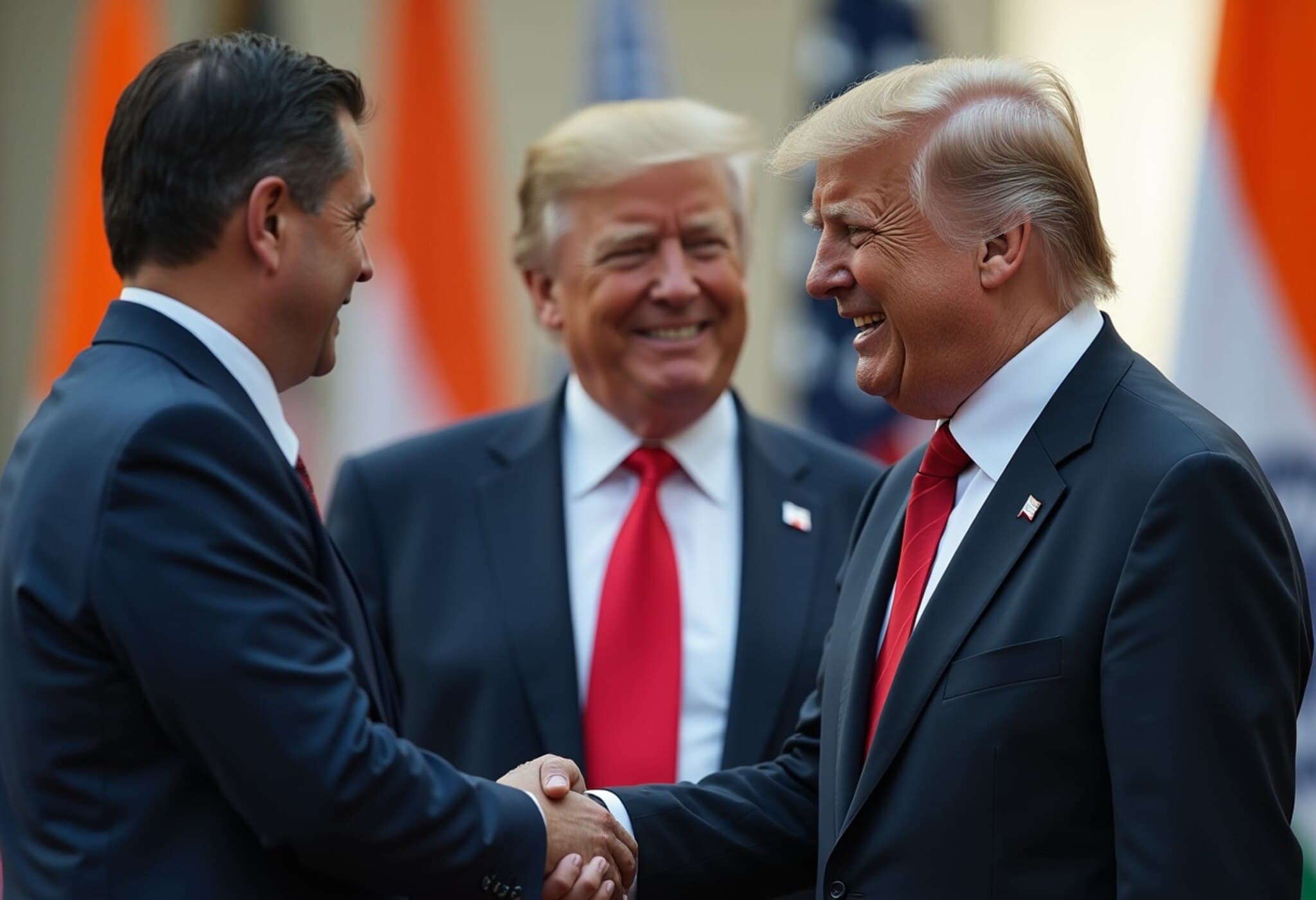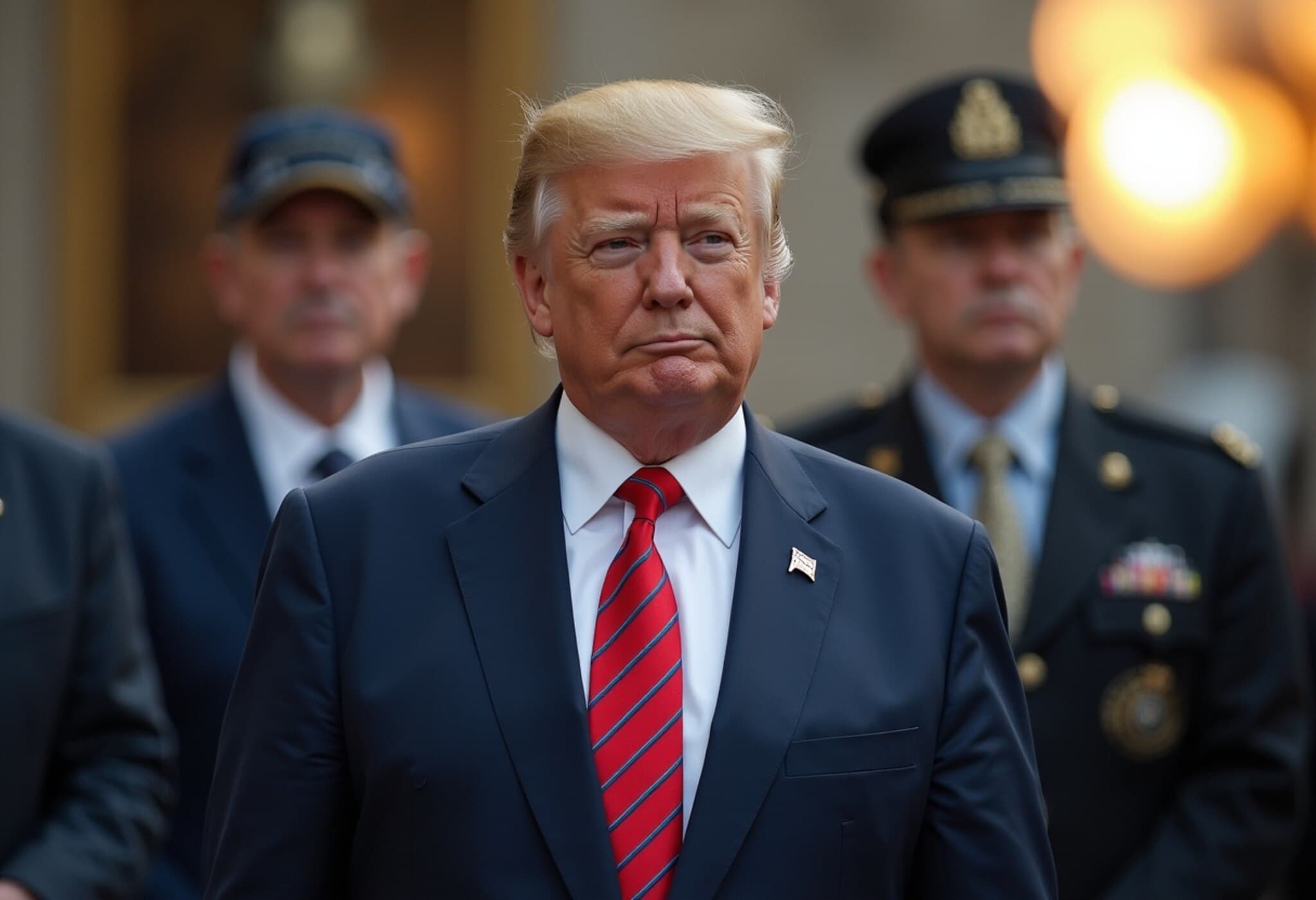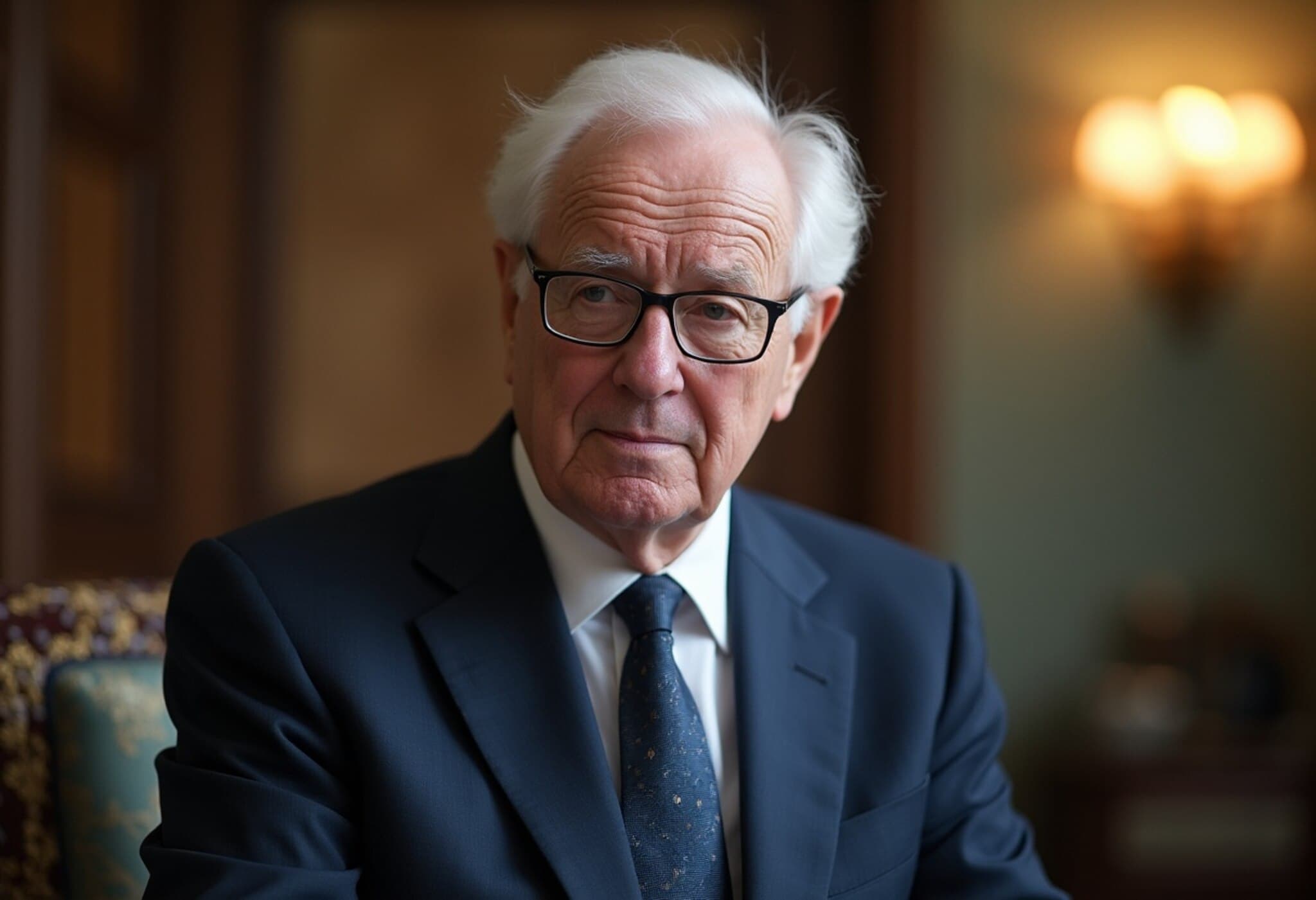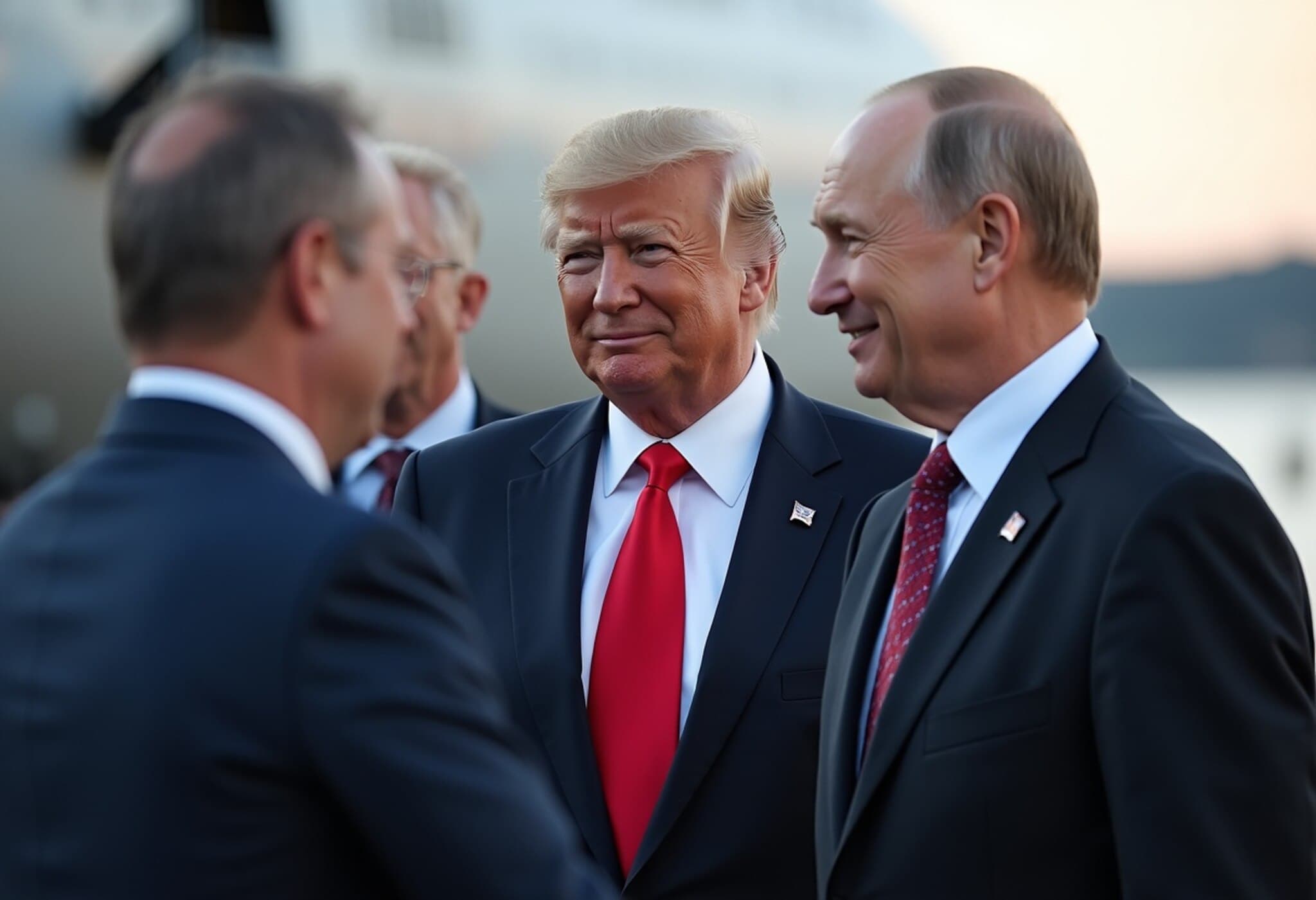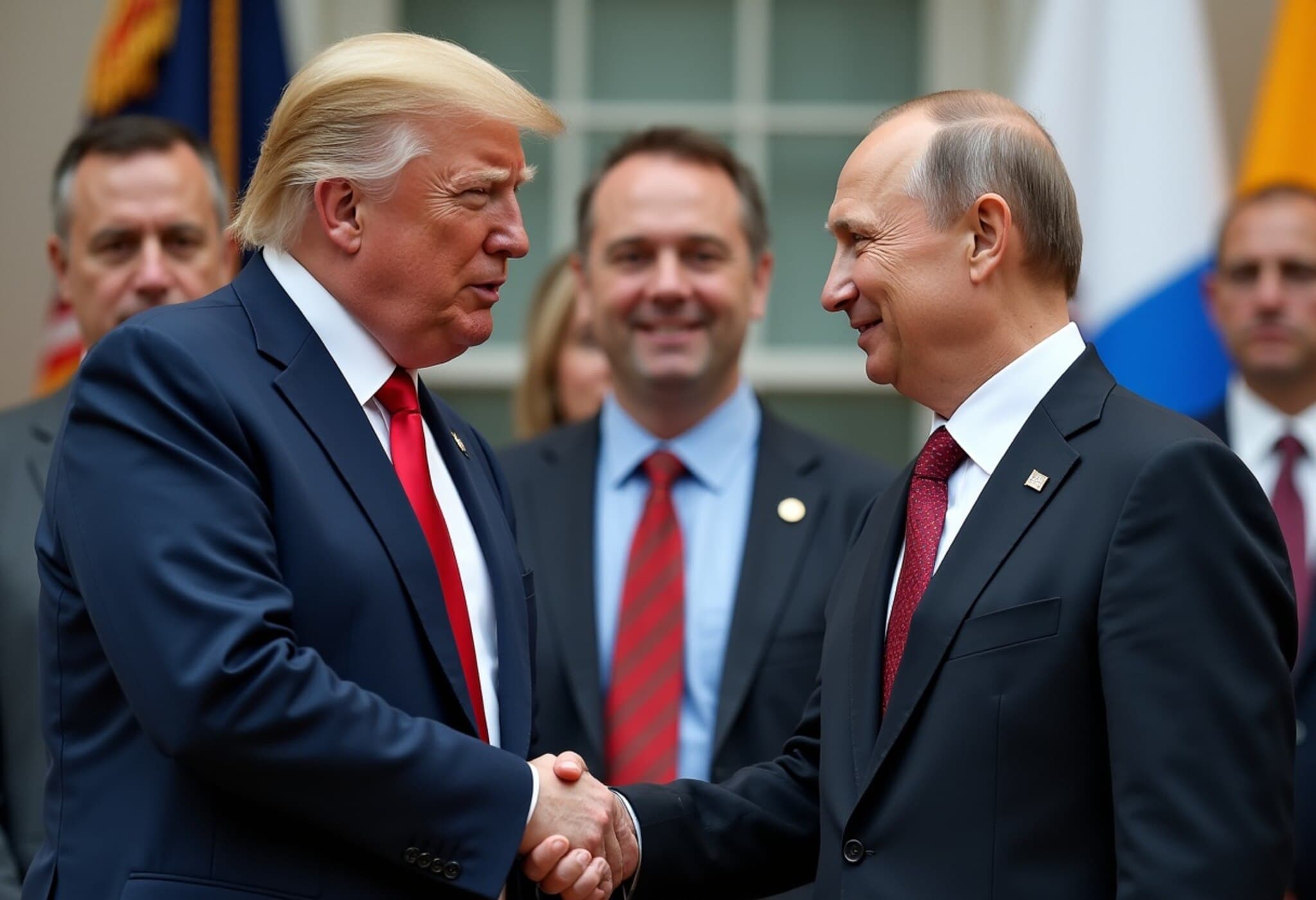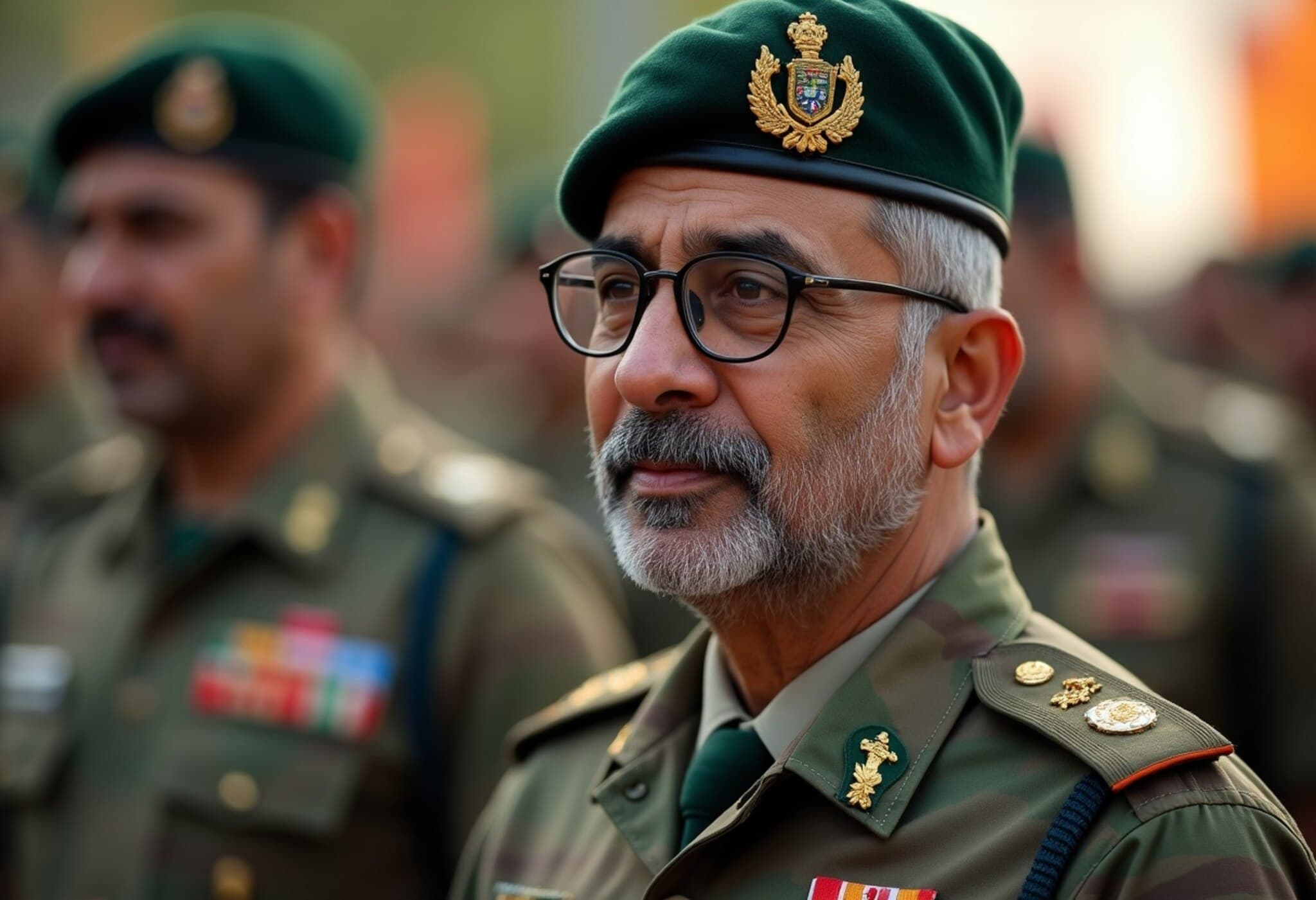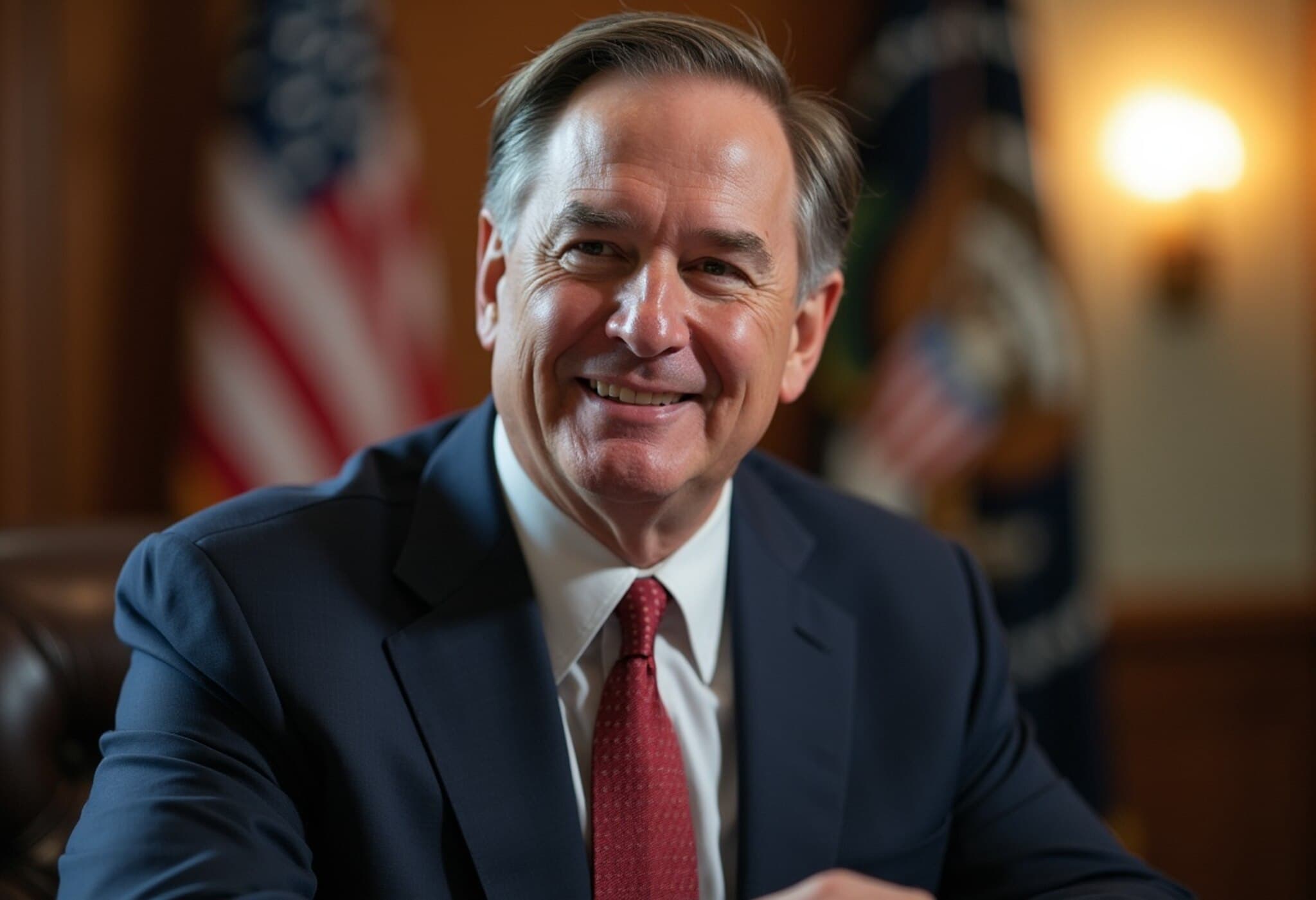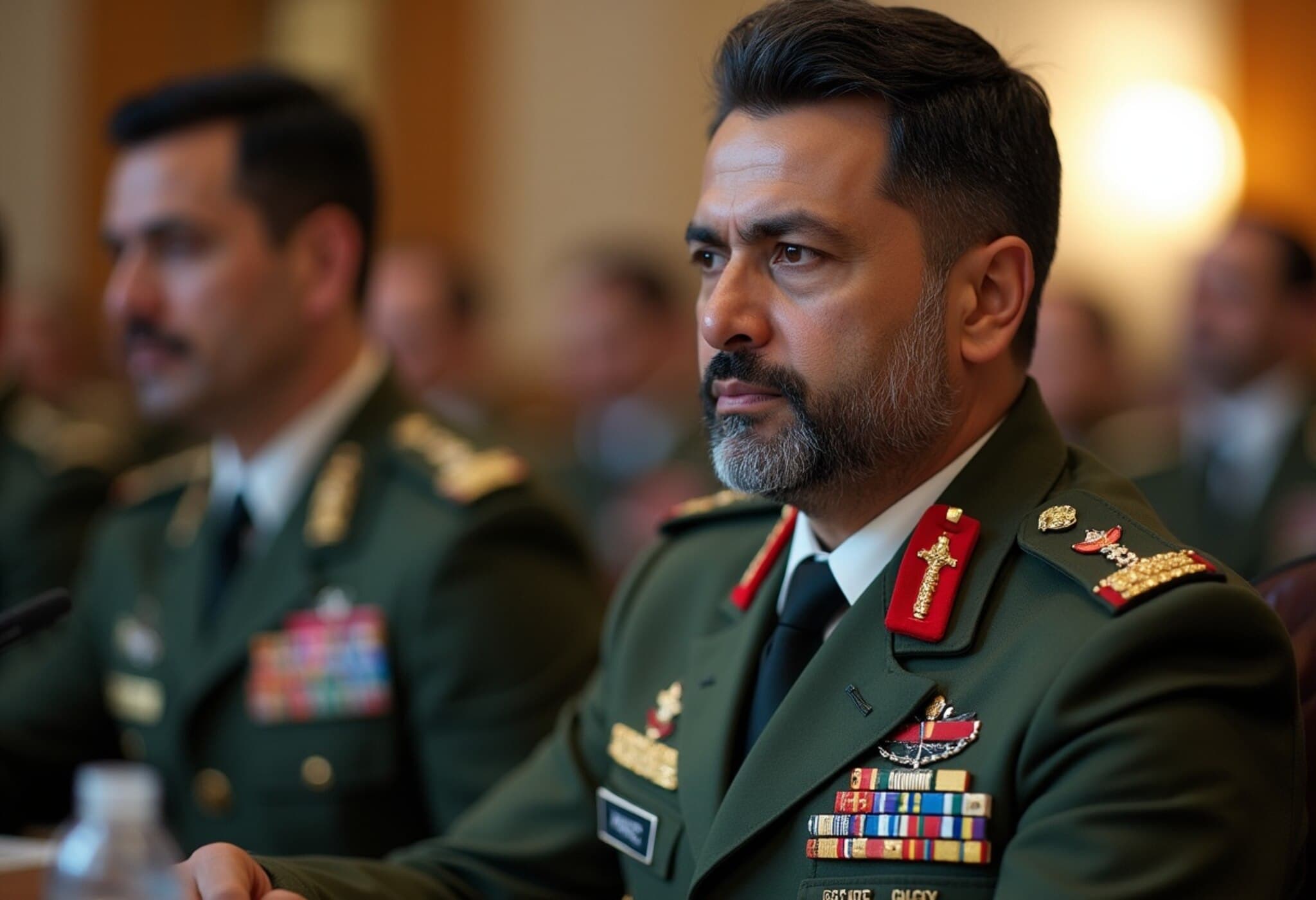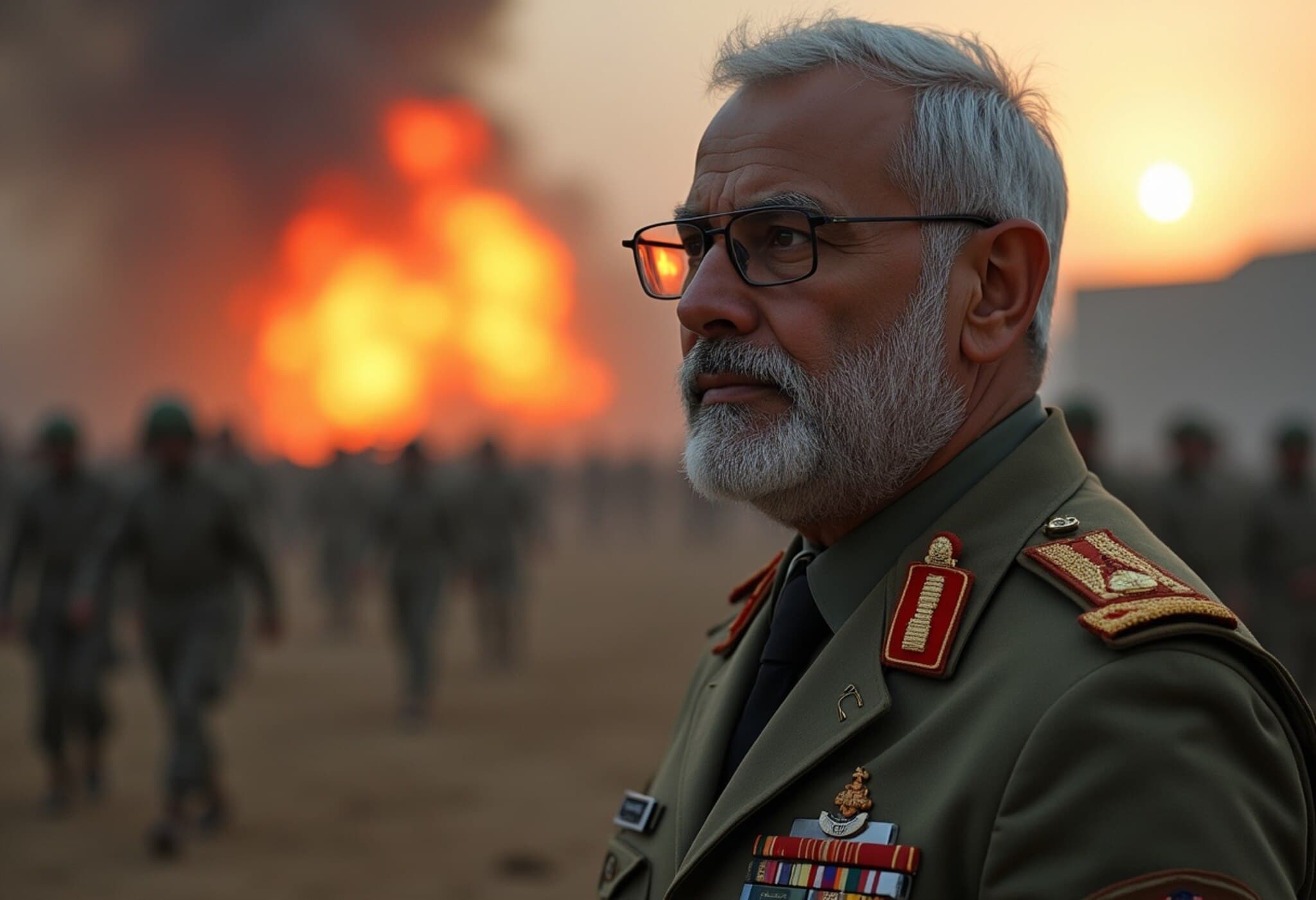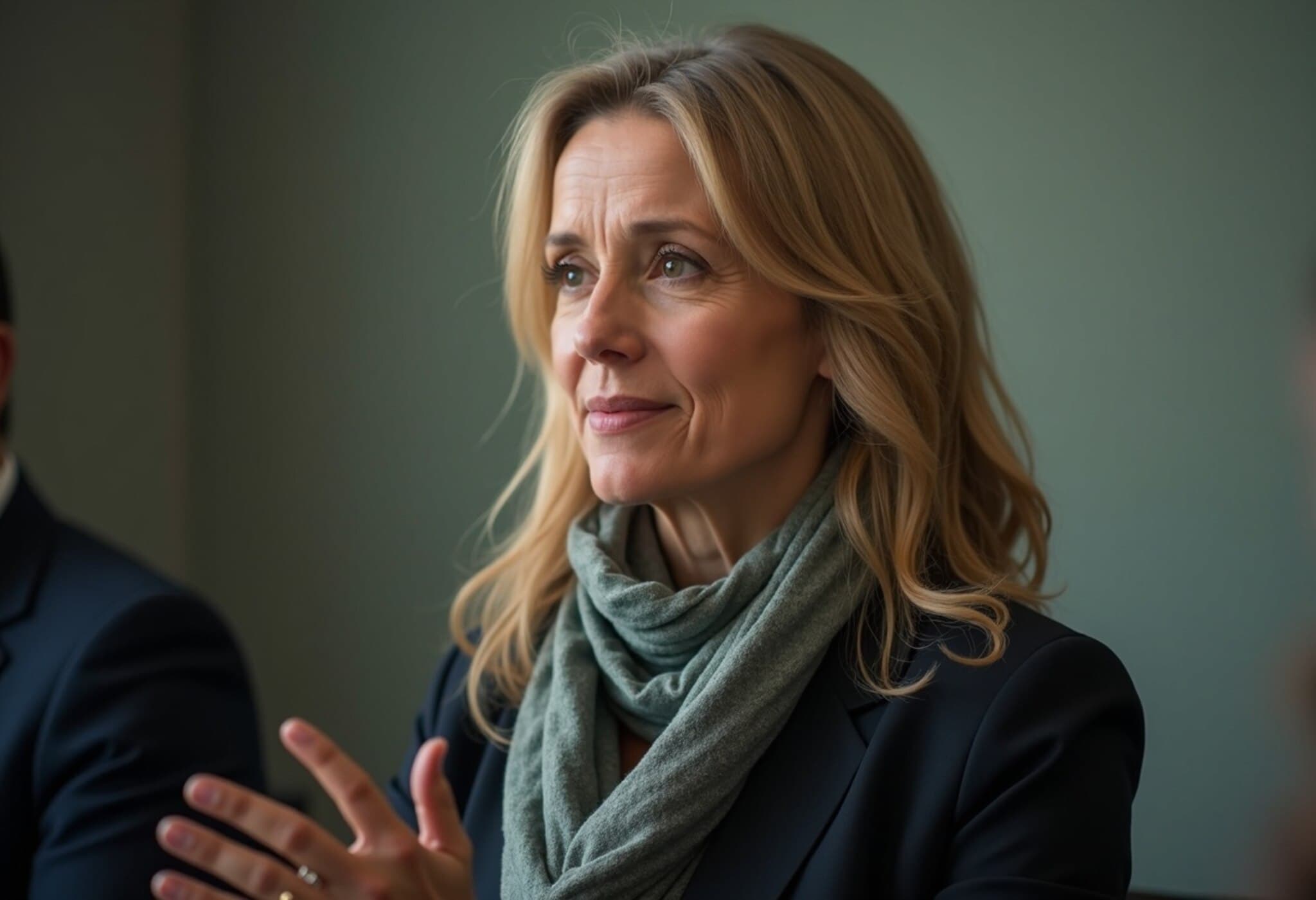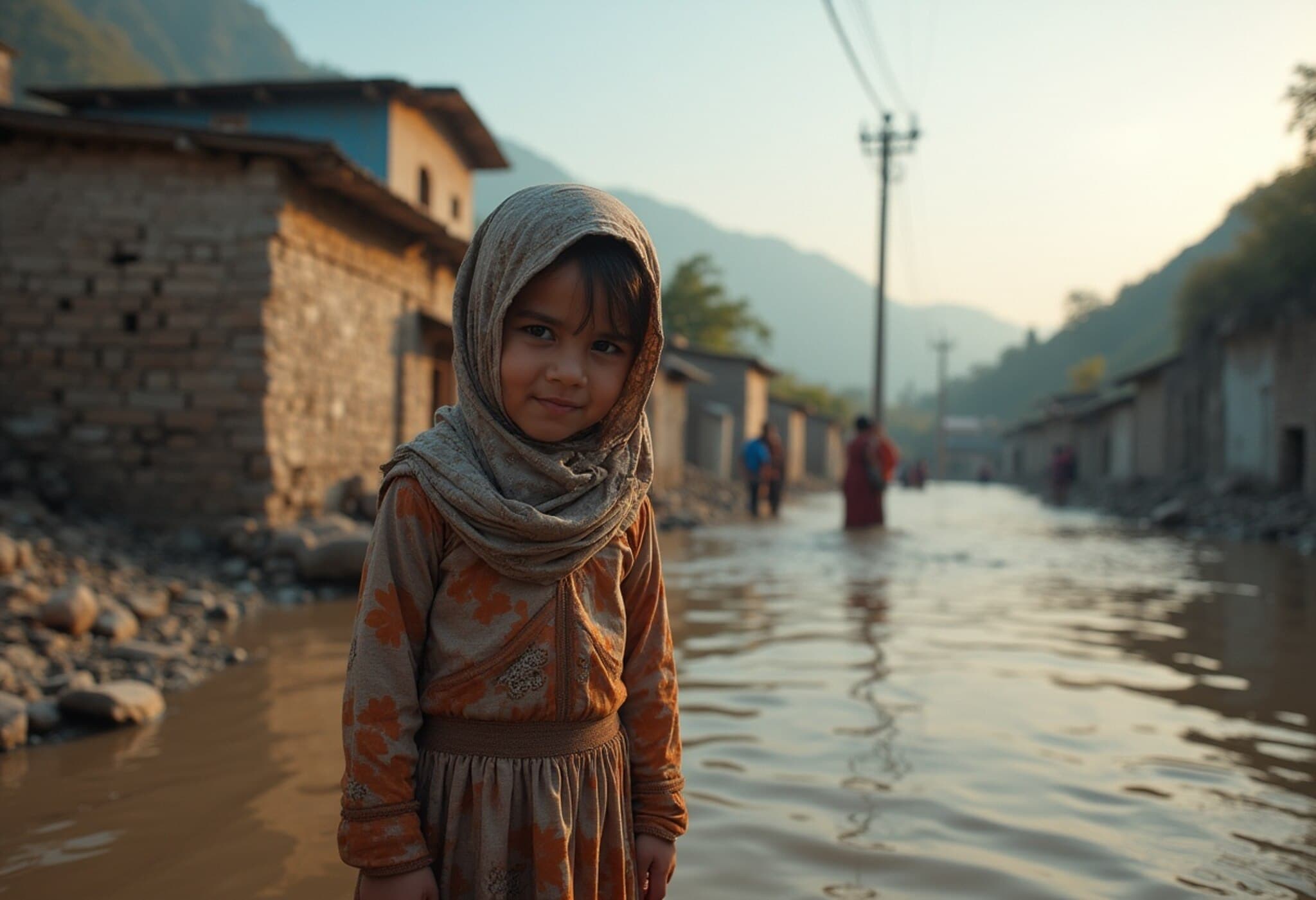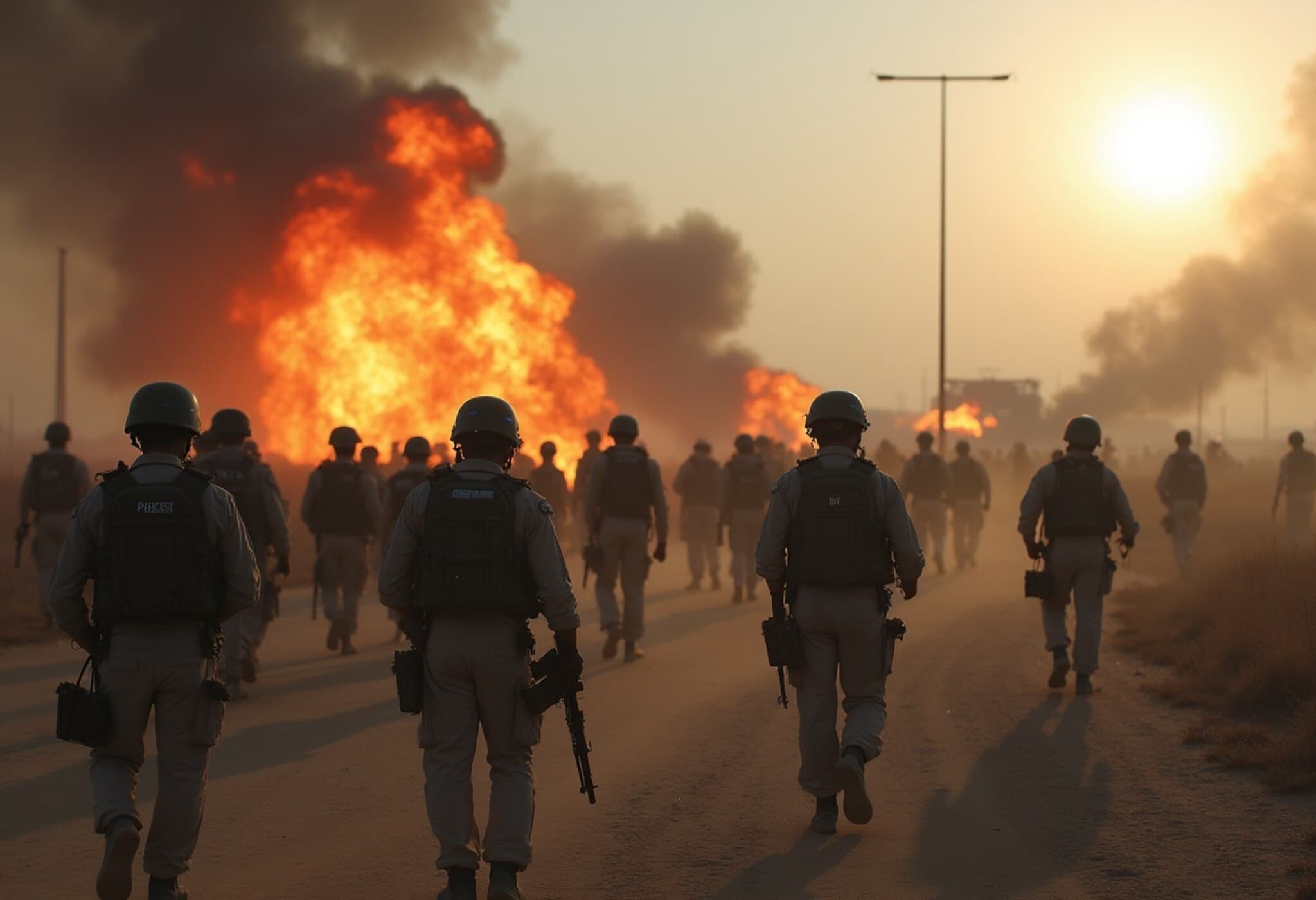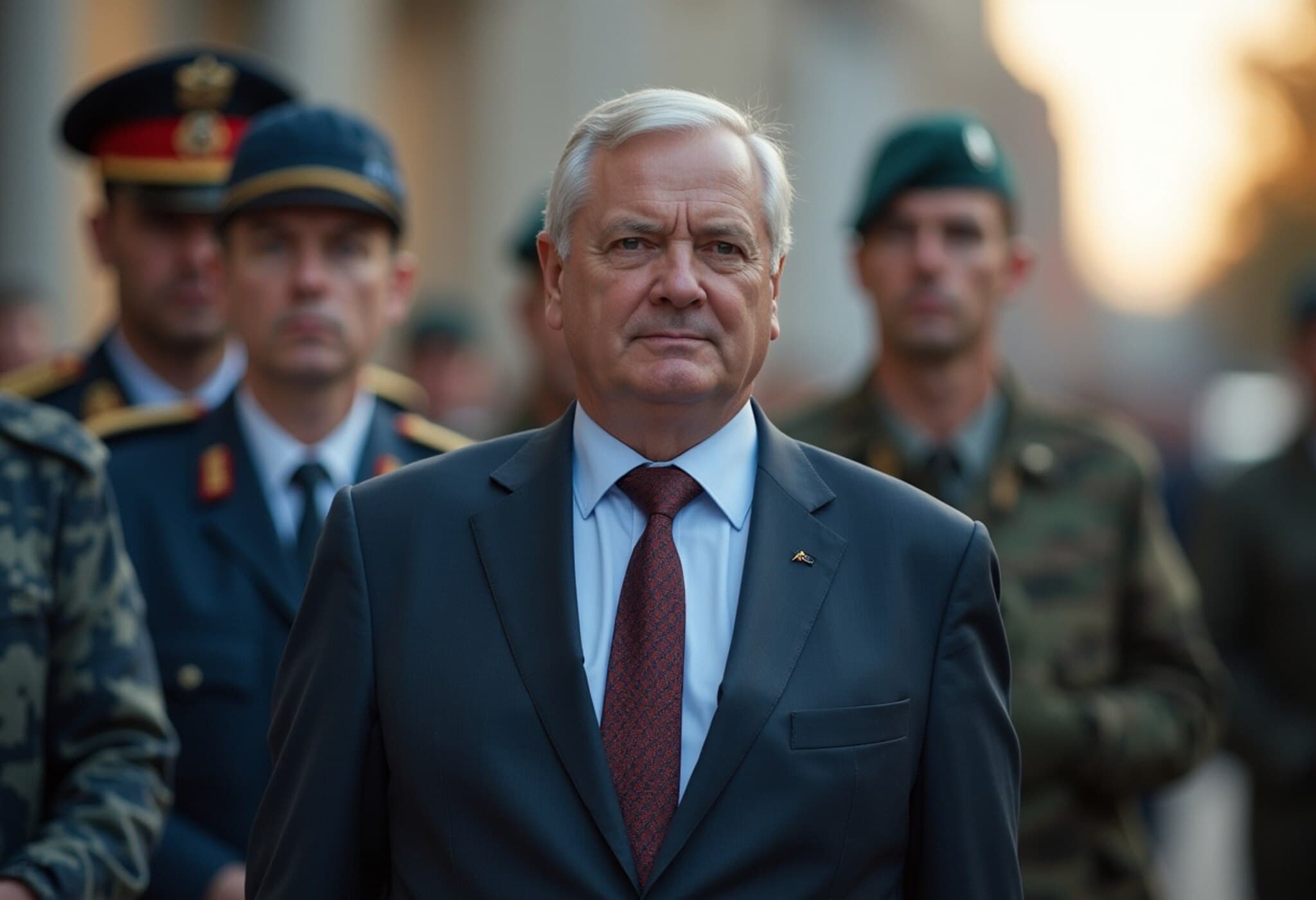Pakistan Affirms Support for Iran's Right to Peaceful Nuclear Energy
In a significant move underscoring regional cooperation, Pakistan has openly backed Iran’s right to develop nuclear technology strictly for peaceful purposes. This endorsement came during Iranian President Masoud Pezeshkian's official two-day visit to Islamabad, where he and Pakistani Prime Minister Shehbaz Sharif inked a dozen agreements spanning multiple sectors.
Strengthening Bilateral Ties Amid Geopolitical Tensions
Following talks held at the Prime Minister's official residence, the two leaders held a joint press conference where Sharif conveyed unwavering support for Tehran’s civilian nuclear ambitions. This stance holds considerable weight as Iran's nuclear program remains a flashpoint in Middle Eastern diplomacy, triggering anxious responses from the United States and Israel.
Prime Minister Sharif stated: "Pakistan stands with Iran for the acquisition of peaceful nuclear power." This empathetic support also reflects Pakistan's nuanced foreign policy balance, navigating its alliances with the U.S. while honoring solidarity within the broader Muslim world.
Context: Rising Regional Strains and Diplomatic Challenges
The announcement surfaces at a delicate time. Relations between Tehran and Washington have been frayed, especially following coordinated U.S.-Israeli airstrikes on Iranian nuclear sites in June 2025, prompting Tehran to halt cooperation with the International Atomic Energy Agency (IAEA). Pakistan’s explicit condemnation of these strikes as "Israeli aggression" and its call for Muslim nations to confront human rights violations in Gaza reflect its broader concerns about regional security and justice.
Economic Ambitions: A $10 Billion Trade Goal
Beyond politics, the talks highlighted ambitious economic targets. Both leaders expressed optimism about ramping up bilateral trade to an impressive USD 10 billion annually. To pave the way, 12 memoranda of understanding (MoUs) were signed, covering:
- Trade and agriculture
- Science, technology, and innovation
- Information and communications technology
- Culture and tourism development
- Climate action initiatives
- Maritime safety and security
Iranian President Pezeshkian underscored that these MoUs also aimed to expedite a free trade agreement, which could significantly deepen economic interdependence between the two neighbors.
Security Cooperation and Border Management
Confronting shared challenges, Sharif and Pezeshkian discussed enhancing collaboration against terrorism and militancy, specifically along their often volatile border region. This mutual commitment to security cooperation signals a pragmatic approach to safeguarding stability in South Asia and the broader Middle East.
Expert Perspective: Regional Implications and Future Outlook
From a policy analysis viewpoint, Pakistan's stand is strategically layered. While affirming Iran's peaceful nuclear rights, Islamabad must delicately manage its ties with the U.S. and its position in the global non-proliferation regime. Additionally, signaling robust trade relations with Iran, Pakistan is diversifying economic partnerships in a region often overshadowed by Western sanctions.
Moreover, the broad scope of the signed agreements indicates a comprehensive approach to bilateral relations—not just economic or diplomatic, but also cultural and environmental. Such multidimensional cooperation could serve as a model for strengthening South Asian and Middle Eastern alliances beyond transactional diplomacy.
Underreported Dimensions
What often escapes mainstream narratives is the emphasis on cultural and environmental cooperation, such as climate initiatives and tourism. These aspects reveal an intent to deepen people-to-people ties and address transnational challenges collaboratively. Furthermore, the focus on maritime safety hints at shared concerns over regional security corridors, impacting international trade routes.
Looking Ahead: Challenges and Opportunities
While the agreements signal goodwill and concrete plans, the real test lies in implementation amid complex geopolitical dynamics. How Pakistan balances its Iran support with maintaining beneficial relations with the U.S. and other global powers will shape future regional stability. Additionally, accelerating the free trade agreement and actualizing the ambitious $10 billion trade goal will demand concerted efforts, including infrastructure development and regulatory harmonization.
Editor’s Note
This partnership between Pakistan and Iran marks an important chapter in South Asian-Middle Eastern diplomacy, blending economic ambitions with principled stands on sovereignty and self-determination. As tensions persist globally over nuclear proliferation and regional conflicts, it is crucial to watch how these two countries navigate their intertwined futures. For readers, this evolving relationship raises critical questions: Can economic cooperation serve as a bridge to de-escalate tensions? Will Pakistan’s support influence international dialogues on Iran’s nuclear program? And how might this alliance reshape regional balances in the coming years?
By examining both the geopolitical and human dimensions of this development, we gain a richer understanding of a complex, interconnected world.

